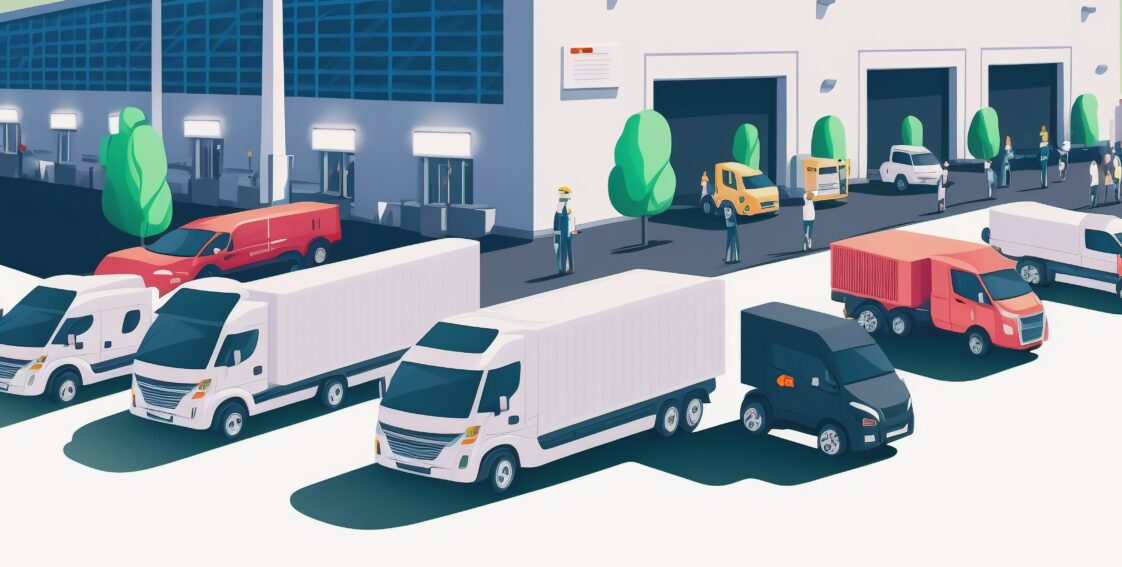
6 Tips You Need When Hiring an International Logistics Company
As a business owner, you understand the importance of timely and efficient transportation. Delays and damaged products result in unsatisfied customers and expenses that could have been avoided.
Choosing the right international logistics company can make all the difference in your company’s success, especially if you don’t have the resources or space to handle shipments in-house.
Here are six tips to keep in mind when researching potential logistics companies.
1. Look at Their Cost Flexibility
Cost will always be a major factor. Before you research companies, establish a budget. How much are you willing to spend on transportation? Are you looking for ways to cut back on transportation costs? It’s also important to list the types of freight you’ll frequently ship (are they large items? Fragile? Hazardous?) because this impacts cost.
Before partnering with a company, schedule a consultation with them. During the consultation, be open and honest about any budgetary restraints. Is the company’s pricing competitive? Do they offer flexible options that align with your needs? If you’re looking for ways to reduce costs, are they providing you with potential solutions?
2. Ask for an Estimate Turnaround Time
In today’s fast-paced business world, turnaround time is critical. When customers order products, they expect them to be delivered as quickly as possible with as few delays as possible.
When consulting with potential logistics companies, ask them for their typical turnaround time for a similar project. Do they have the capacity to handle your volume requests?
3. Check Industry Reputation & Reviews
Assess the company’s overall industry reputation by looking at their directory listings and reading customer reviews. Remember that reviews on places like Google and Yelp can easily be faked, so look for details in the review and preferably images. Have customers had a good experience with this company? If there are negative reviews, how is the company responding to them? This can give you valuable insight into the company’s strengths and weaknesses, and their commitment to customer service and satisfaction.
4. Don’t Forget About Niche Experience
Transportation is a broad field. You want to work with a company that has experience transporting the same type of shipments. If you export freight, it’s also ideal to work with a company that has unique experience transporting goods to countries you frequently ship items to. For example, if India is one of your biggest partners, you’ll want to ensure the international logistics company you work with has experience with India’s shipping and transportation regulations, which will help avoid potential delays and additional fees.
5. Ask About Their Tracking Software
Transparency is important for you and your customers. The company you work with should have tracking software that immediately informs of unexpected delays. This transparency can help your customer service team field potential customer questions.
When consulting with potential companies, ask the following questions:
- What type of software do you use?
- Does it provide real-time tracking?
- How often are tracking updates provided?
- What information is included in the tracking updates? (location, delivery status, estimated delivery time, etc.)
- Can the tracking software integrate with existing systems, including inventory management software?
- Will we receive real-time updates and communication when a shipment is lost or delayed?
- How do you ensure the security of shipment information?
6. Ensure They Have a License
A logistics company needs licenses and certifications before they’re allowed to operate as a business. Some certifications may vary based on what the company is shipping and where they are being shipped. Licenses and certifications a logistics company should have include:
- International Freight Forwarding License: This certificate is required for any transportation company handling export shipments.
- Customs Broker License: This license is required to clear goods through customs.
- Hazardous Materials Certification: If your business frequently ships hazardous materials in and out of the country, it’s vital that you work with a logistics company that has this certification.
- International Air Transport Association: This is only necessary if you need to send shipments via air.
- Federal Maritime Commission Certification: This is required to ship ocean freight.
- ISO: This certification is not required but emphasizes a company’s commitment to quality management.
Please note that this list is not exhaustive. We recommend asking a business for their list of certifications.
Partner With TSI Today
Start your search for the right international logistics company with TSI. Founded over 40 years ago, we’re a freight forwarder offering cross-border (Canada and Mexico) and domestic logistics solutions for clients in the automotive industry. We also provide a 24/7 web-based tracking system called SkyBitz Asset Tracking, which provides real-time motion and cargo statuses and asset location.
Contact us today to learn more about our capabilities and solutions.

